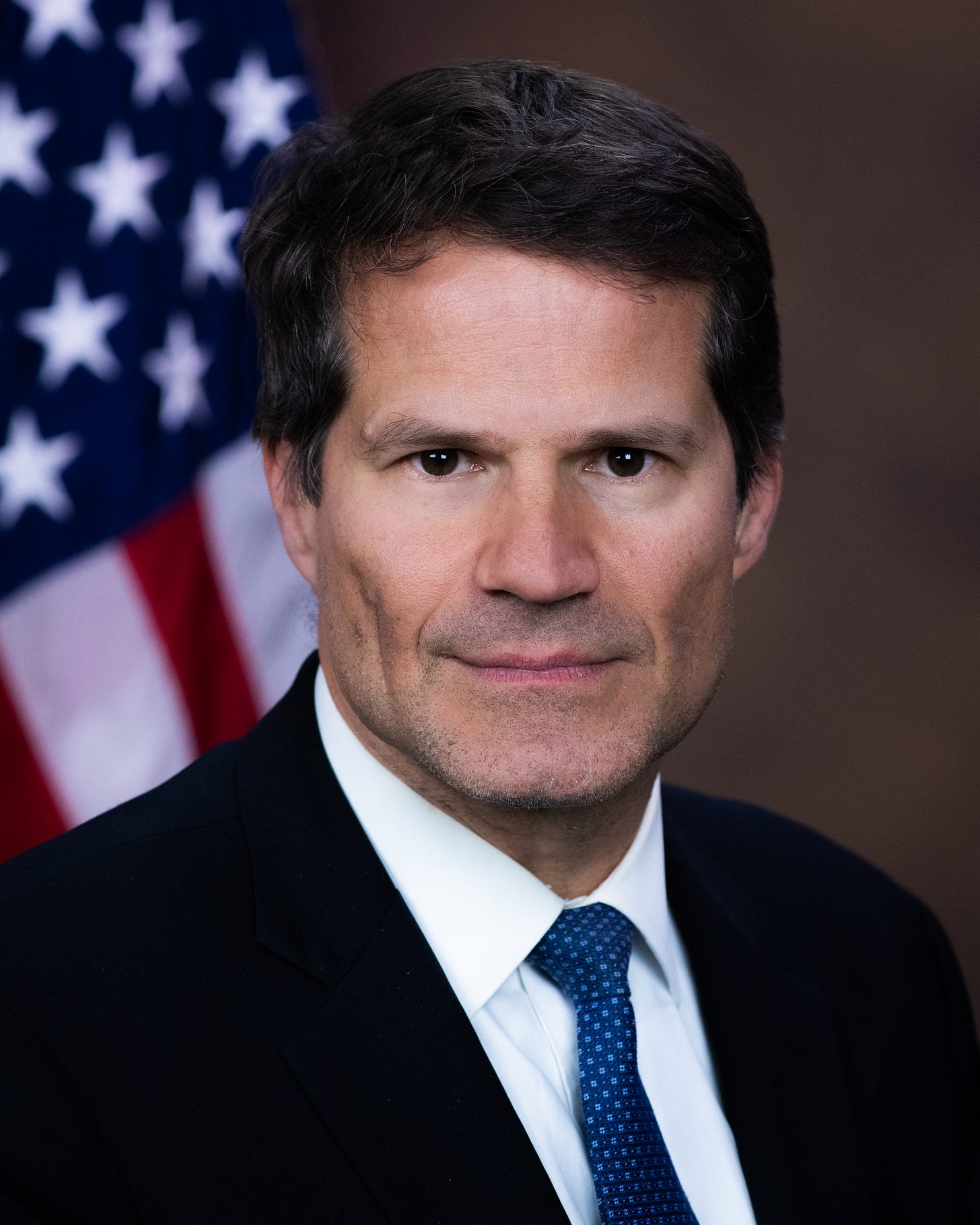Selective Reasoning
Trump administration argument in birthright citizenship case decontextualizes the past
Rewriting 125 years isn’t easy, but that’s what President Trump is trying to do to birthright citizenship. To keep people born in the United States from receiving U.S. citizenship at birth, Trump’s Justice Department is playing fast and loose with legal history, and it’s hoping that the Supreme Court either doesn’t notice or doesn’t care.
Since 1898, when the court issued its decision in United States v. Wong Kim Ark, federal courts and executive branch agencies have interpreted the Fourteenth Amendment of the U.S. Constitution as granting citizenship to almost everyone born in the territorial United States. Only the children of diplomats, invading military forces, and Native Americans have been excluded from the Constitution’s Citizenship Clause. Trump’s birthright citizenship executive order, which he signed on his first day back in the White House, would massively expand the number of people born in the United States without U.S. citizenship by barring people whose father was neither a U.S. citizen nor permanent resident and whose mother was living in the country without the federal government’s permission or with permission to live here under any of almost two dozen visas.
Every court but one has blocked federal officials from implementing Trump’s order. In July, the Supreme Court bought the government some breathing room by siding with the administration on a procedural issue. Since then, multiple federal courts have concluded that Trump’s order violates the Fourteenth Amendment. None have sided with the administration. As I wrote last week, the Justice Department has asked the Supreme Court to get involved yet again. The federal government is asking the court to add Trump v. Washington, a lawsuit filed by four states and two women whose children would be subject to Trump’s order, to its standard merits docket. The court’s last decision regarding birthright citizenship came through its fast-track emergency docket.

To upturn more than a century of citizenship law, Solicitor General D. John Sauer, the federal government’s lead Supreme Court lawyer, dives into the past. His petition asking the court to weigh in on Trump’s behalf mines an old case involving butchers to convince the justices that Trump is right and everyone else is wrong. But for all its reliance on the past, the government’s lawyer is clearly writing for the present, turning history into weapons in a legal battle playing out at the Supreme Court.
Sauer’s opening sentence sets the tone. Relying on the court’s 1873 decision in the Slaughter-House Cases, Sauer taps history to advance the administration’s policy goal. The Citizenship Clause’s “one pervading purpose” was to provide citizenship to children of formerly enslaved people, the court explained in a passage that Sauer quotes. But in a passage that Sauer never notes, the Slaughter-House Cases opinion adds, “We do not say that no one else but the negro can share in this protection.” The court then turned to resolving the primary legal dispute before it: whether a Louisiana law regulating slaughterhouses violated the 14th Amendment rights of white butchers.
Sauer continues with the same selective argumentation further in the same paragraph. Discussing an 1881 book written by Alexander Porter Morse, a Confederate soldier who later, as a lawyer, successfully defended a racially discriminatory Louisiana law in Plessy v. Ferguson, Sauer argues that the children of “foreigners transiently within the United States” are not deemed U.S. citizens. Sauer does not mention that Morse limits the people who don’t obtain citizenship at birth. In the very sentence that Sauer quotes, Morse provides examples of people who fall outside the Citizenship Clause’s reach: “the children of foreigners transiently within the United States, as ministers, consuls, or subjects of a foreign nation.” Even the Slaughter-House Cases, which Morse cites in a footnote for support, lists the same three exceptions, though Sauer doesn’t acknowledge this either. Read in their full context, each passage indicates that Morse and the justices that participated in the Slaughter-House Cases thought that the Citizenship Clause’s exclusion was narrower than Sauer suggests.
The context that Sauer ignores leaves no doubt that the justices who decided the Slaughter-House Cases understood the Citizenship Clause’s exclusions to be narrow. They even provided examples. “The phrase, ‘subject to its jurisdiction’ was intended to exclude from its operation children of ministers, consuls, and citizens or subjects of foreign States born within the United States,” the justices explained in the Slaughter-House Cases, the very sentence that Morse quotes. Read as part of the entire sentence in which it appears, the passage that Sauer quotes suggests that the Citizenship Clause should be understood to exclude people whose presence in the United States is in service of a separate sovereign.
Indeed, in a different passage, the Slaughter-House Cases could be read to endorse an even broader version of birthright citizenship than the Supreme Court adopted in Wong Kim Ark. Discussing the difference between citizenship in a state and U.S. citizenship, the court explained that a person “must reside within the State to make him a citizen of it, but it is only necessary that he should be born or naturalized in the United States to be a citizen of the Union.” Standing alone, that sentence appears to suggest that the justices took a remarkably generous view of the Citizenship Clause. But to reach that conclusion, I would have to eliminate the sentence’s context. Unlike Sauer, I’m not willing to do that.
Lawyers are supposed to advocate for their clients. But fighting for our clients doesn’t mean plucking passages out of their proper historical context. Sauer’s brief asking the Supreme Court to side with Trump is a reminder that lawyers make for bad historians.



To see how this is playing out at the Circuit Court level -- I recently wrote an article about a pair of dissents by Paul Matey, a Third-Circuit judge who's pushing to limit not just birthright citizenship, but access to the Fifth, Sixth, and First amendments (so far).
https://samsramblingss.substack.com/p/un-persons